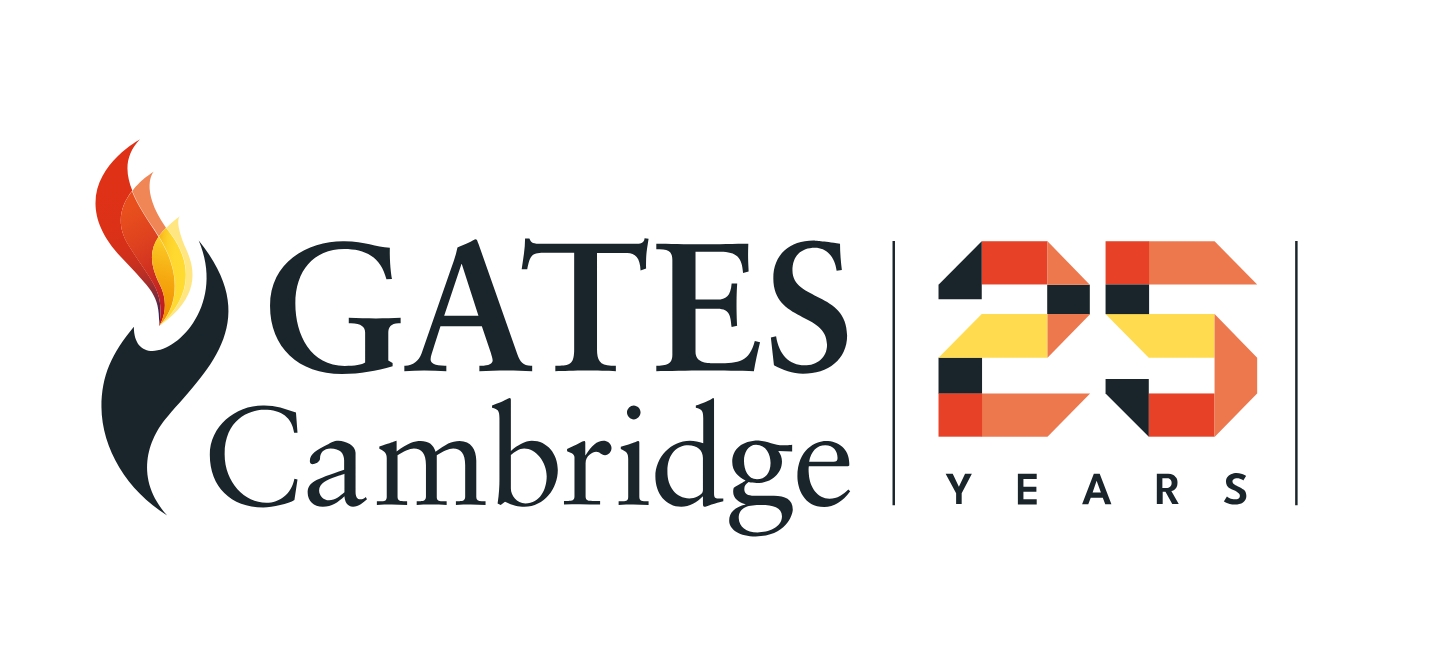
Guilhem Chalancon's PhD in Biological Science focuses on gene expression variability.
When Guilhem Chalancon was seven he wanted to be a neurosurgeon. He was interested in the biology of the brain and waded his way through heavy medical texts. “I learnt a lot about anatomy from that and my parents. It’s a big advantage in life sciences so I am thankful to my parents for stimulating my curiosity.”
Guilhem’s parents both work in medicine. His father is a medical doctor and his mother is a retired school nurse. They would talk about their work at home – “it was part of the nurturing process,” says Guilhem – and they also instilled in him a deep interest in education and an appreciation of its value.
Guilhem was born in Ceret, a small city in the northern Catalan region of the south of France.
At the age of 11 he started boarding school because he wanted to learn new things and get “a bit more excitement” than was available in a town of 3,000 inhabitants. He came home every weekend. “It was quite convenient and I learnt a lot of things, but it was difficult for my parents,” he said.
Outside of Guilhem’s studies he was interested in football, drawing, comics, guitar playing and literature. At around 15 he was president of the student committee of a respected book prize. His main interest was in ideas rather than fiction – in philosophy and epistemology. The breadth of his interests has been an advantage in a field which is dynamic and keen to take on ideas from other disciplines.
When he was 18, Guilhem moved to Versailles to do a two-year intensive course for the highest-ranking students who wanted to get into France’s grandes ecoles system. He passed first time and went on to study molecular biology for his undergraduate degree.
At school he had been more interested in physics and maths and had considered a career in engineering. He chose biology almost by chance, he says. A key factor in his choice was two particularly motivating and inspiring teachers.
His BSc in Molecular Biology at the Ecole Normale Supérieure of Cachan was general at first and then he gradually became involved in data mining, using concepts from computer science, maths and physics for molecular biology. His MSc, which he completed in June, was in Systems and Synthetic Biology. The grande ecole he attended aimed to turn out researchers and teachers and one year was usually dedicated to an exam which led to a teaching qualification. However, during his time there, the school had introduced the possibility for those who didn’t want to be teachers to use the year to study abroad. Guilhem opted to study in England. “It was very beneficial for me since I was exposed to systems biology, as opposed to the traditional approach to life sciences,” he says.
At Cambridge he will study for a PhD in Biological Science at the MRC Laboratory for Molecular Biology. “I am interested in contributing to the integrating of cell biology knowledge into a framework that is nature-based,” he says.
His research at Cambridge will involve studying the role that variability of gene expression plays in cell development.
He says: “All the properties of living organisms, ranging from broad ecosystems to individual cells, are invariably affected by variability. In particular, the expression of our genes, which shapes our human traits, is subjected to intrinsic fluctuations over time and between individuals. This notably results in what is called ‘idiosyncrasy’, and it has dramatic implications in our capacity to develop or resist diseases. Surprisingly, this seemingly random fluctuations are not totally random: some genes tend to be always “noisy” in their expression, while others don’t, and this appears to be conserved through evolution. The goal of my PhD is to understand molecular features underlying the constraints of gene expression variability.”
Through doing this, he says, he hopes to find out what benefits cell survival and how the expression of genes can be regularised through the development of appropriate drugs.
He adds: “At the moment we do not understand why some mutations in genes are important and why some people carry genes which make others susceptible to illness, but appear to be immune.”
He is very excited by the Gates scholarship and honoured to have received it. He hopes that the diversity represented by Gates will mean he can get involved in more interdisciplinary projects and adds that the advent of new technologies is catalysing a revolution in Molecular Biology. “I am interested in the representation of complex data as it occurs in other fields, such as social sciences. It’s a very dynamic and hugely exciting area.”
Picture credit: renjith krishnan and www.freedigitalphotos.net.












